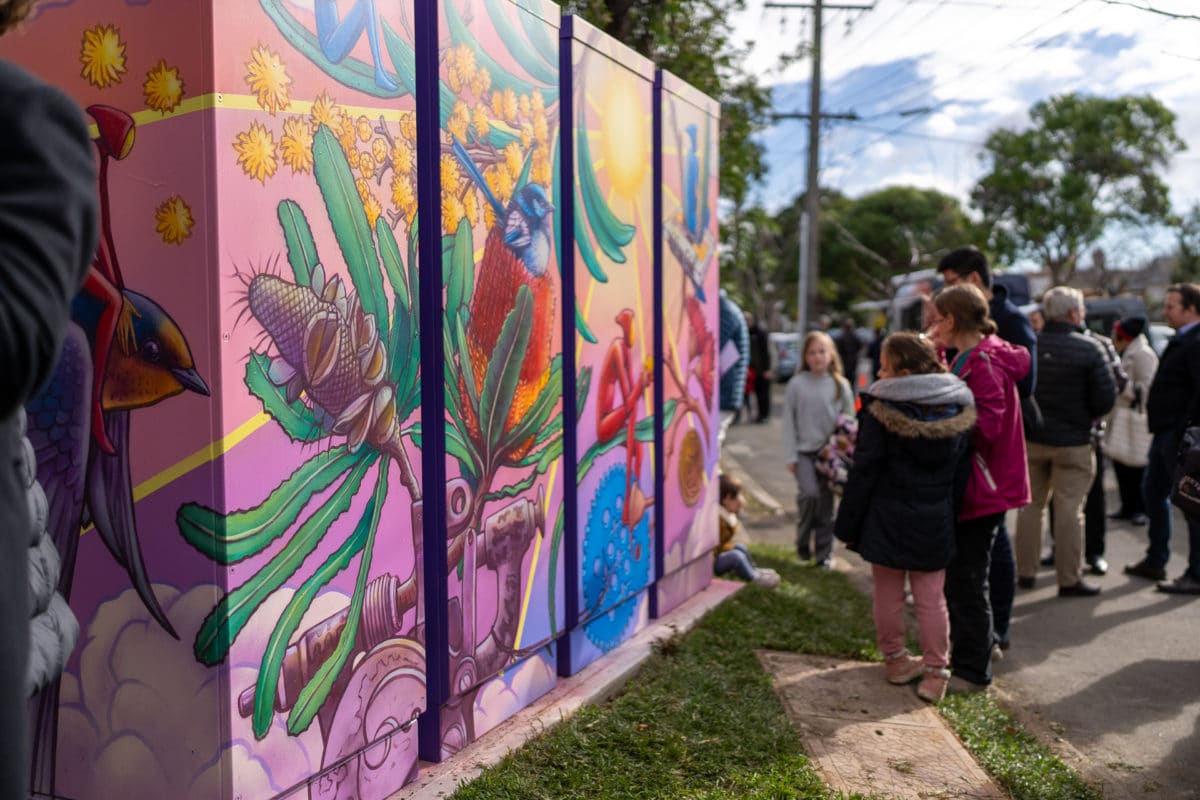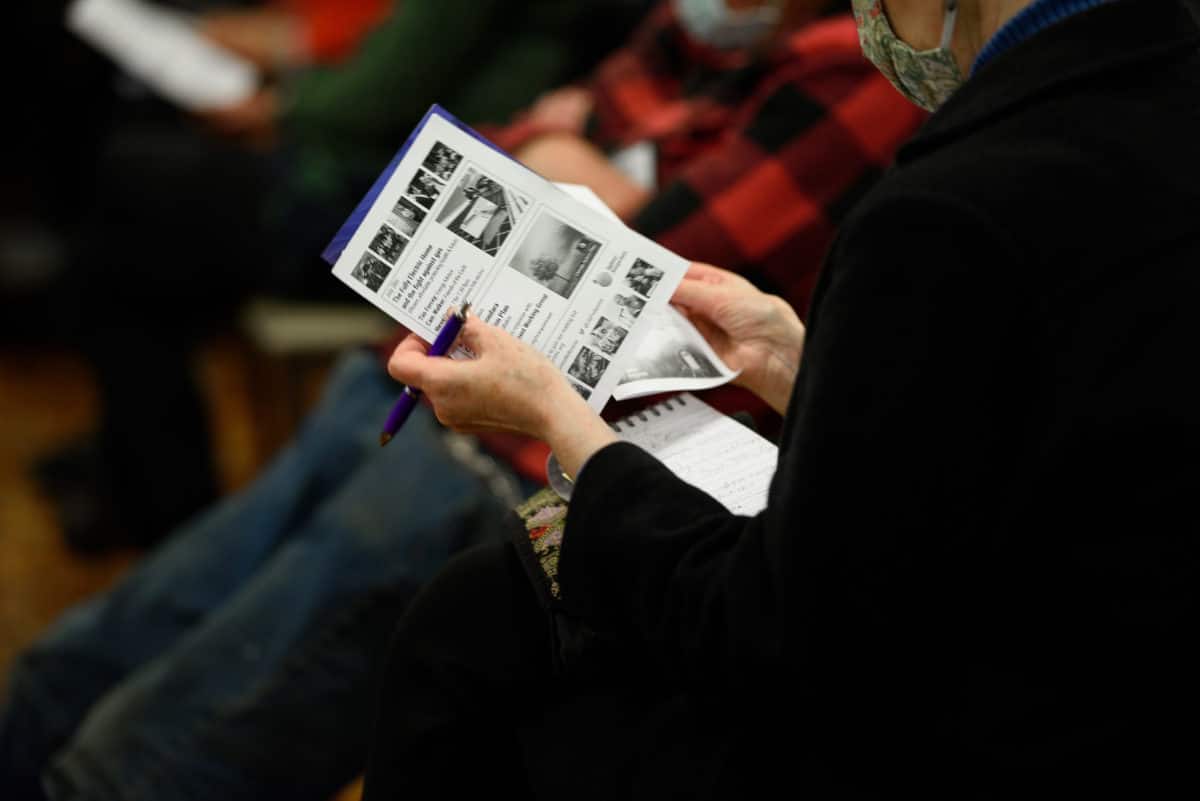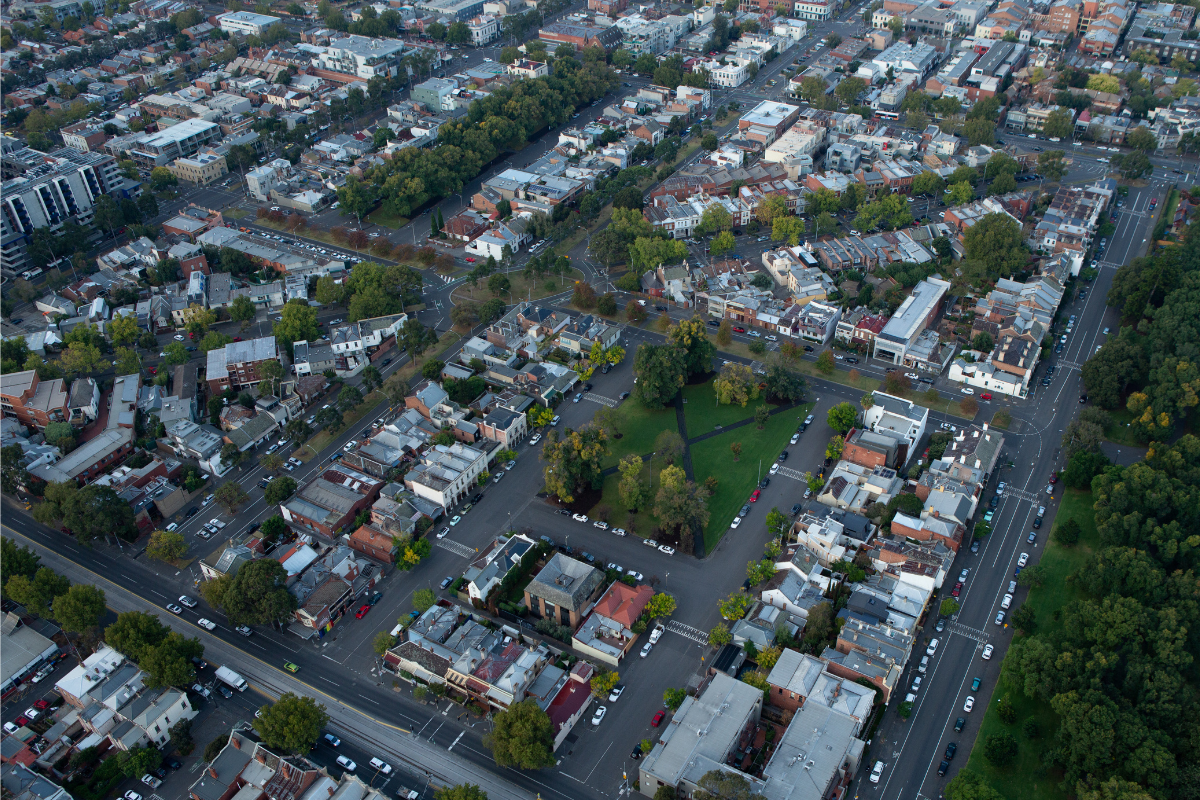What is a community battery?
A community battery, also sometimes referred to as a “neighbourhood battery”, is a type of energy storage that can increase the accessibility and availability of renewable energy for a surrounding neighbourhood.
These batteries are bigger than a home battery. A typical household battery (often used to store rooftop solar energy) might have a storage capacity of up to about 10 kilowatt-hours (kWh). This might be enough to power your average household for a day. On the other hand, community batteries range from 100 kWh to five megawatt-hours (MWh) in capacity, enough to power a small neighbourhood for a few hours during peak demand, typically in the evening.
Community batteries can be connected ‘in front of the meter’ to the electricity network; that is, they are located outside of your home or property and connected to the local network as a standalone unit. A community battery would typically be located at the street level close to where electricity is being consumed and generated.
Community batteries can be owned by electricity distribution businesses or third parties such as community energy groups, electricity retailers, and private investors.



